Karmanos Cancer Institute began renovations to expand services in Farmington Hills
On May 18, 2018, The Barbara Ann Karmanos Cancer Institute announced it will expand its Lawrence and Idell…
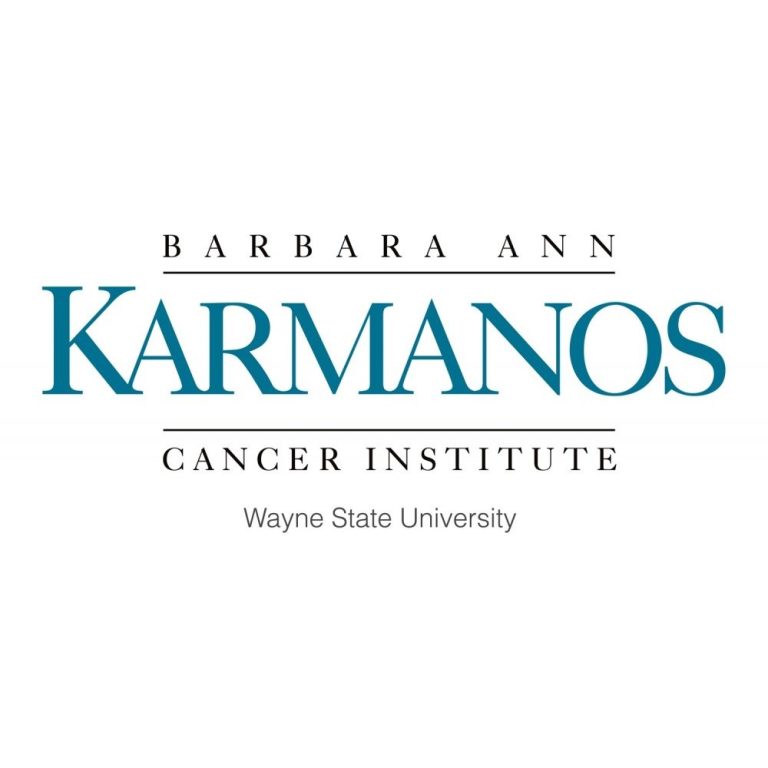
On May 18, 2018, The Barbara Ann Karmanos Cancer Institute announced it will expand its Lawrence and Idell…
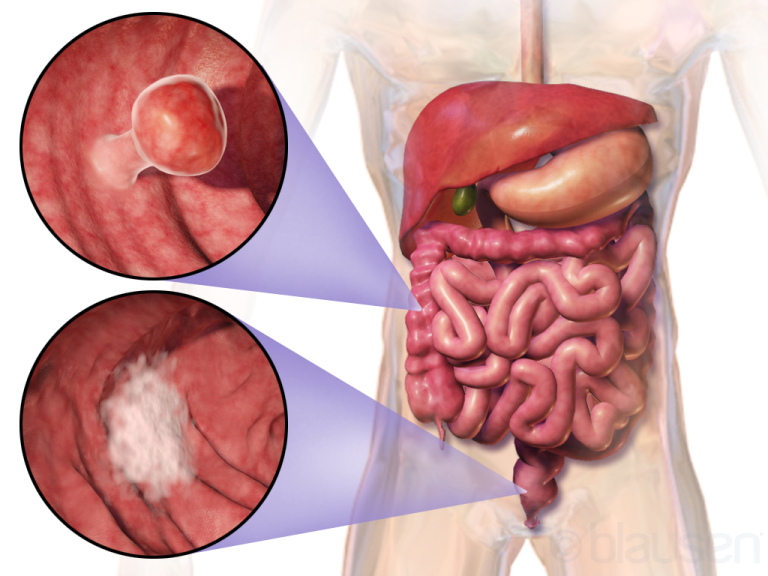
May 4, 2018, scientists from the National Cancer Institute (NCI) reported that an analysis of a prevention clinical…

On Apr. 30, 2018, the Cancer Prevention and Research Institute of Texas (CPRIT) announced a Seed Award for…

On Mar. 9, 2018, Seattle Genetics announced it had completed its acquisition of Cascadian Therapeutics for approximately $614…
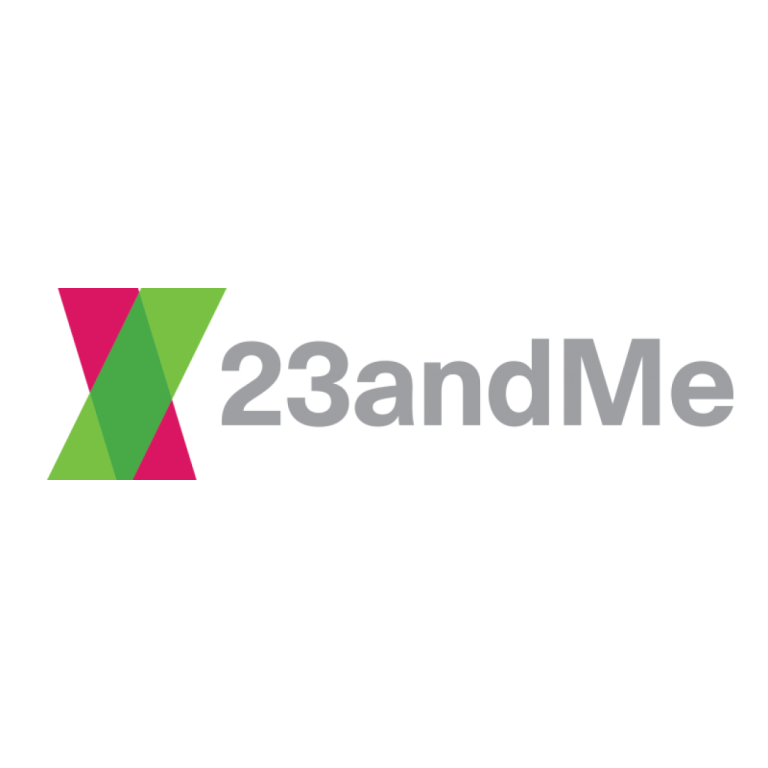
On Mar. 6, 2018, the U.S. Food and Drug Administration authorized 23andMe’s Personal Genome Service Genetic Health Risk…
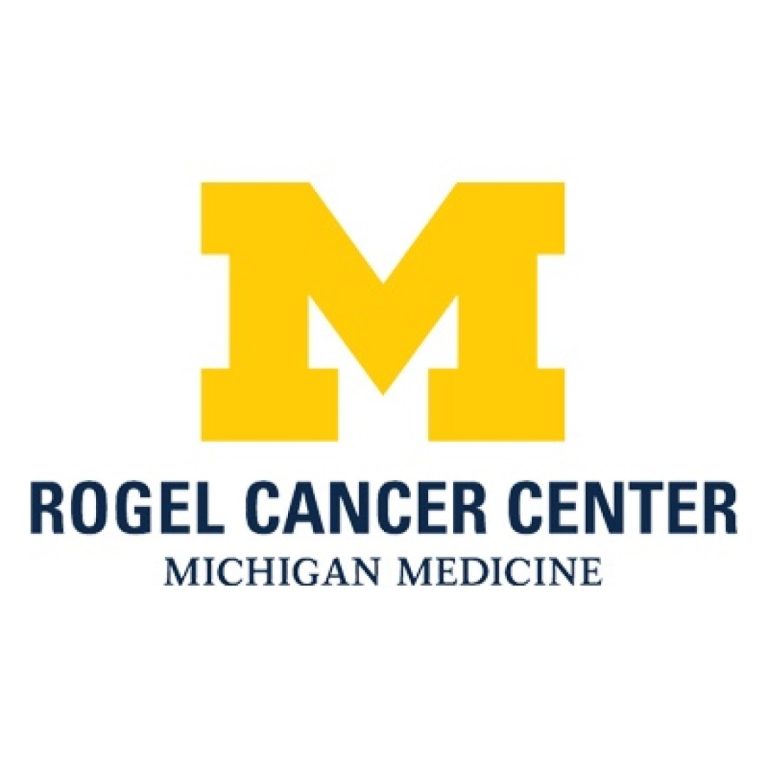
In 2018, the University of Michigan Cancer Center was renamed the Rogel Cancer Center in recognition of a…
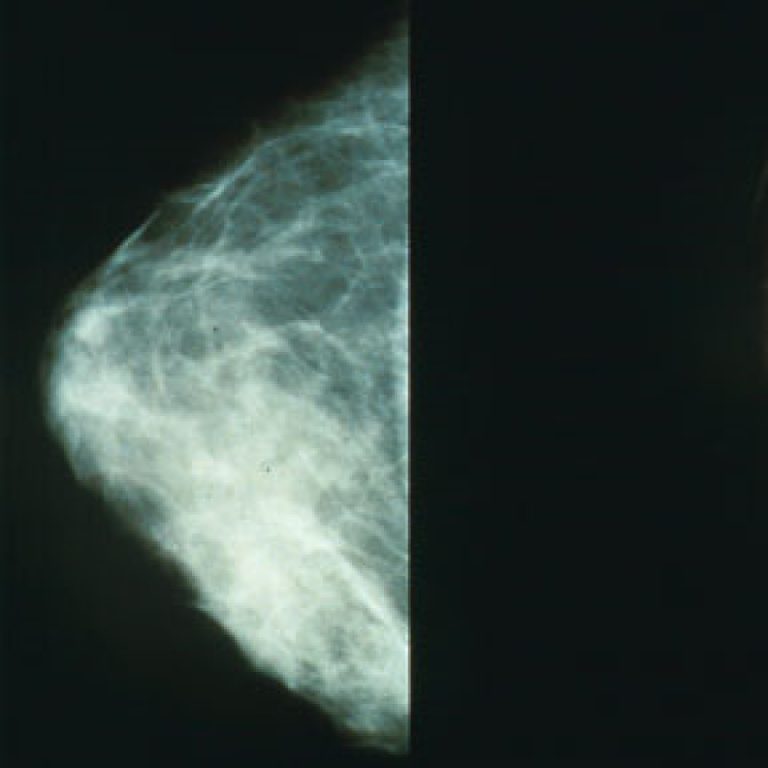
On Dec. 1, 2017, the U.S. Food and Drug Administration (FDA) approved Mylan’s Ogivri (trastuzumab-dkst) as a biosimilar…
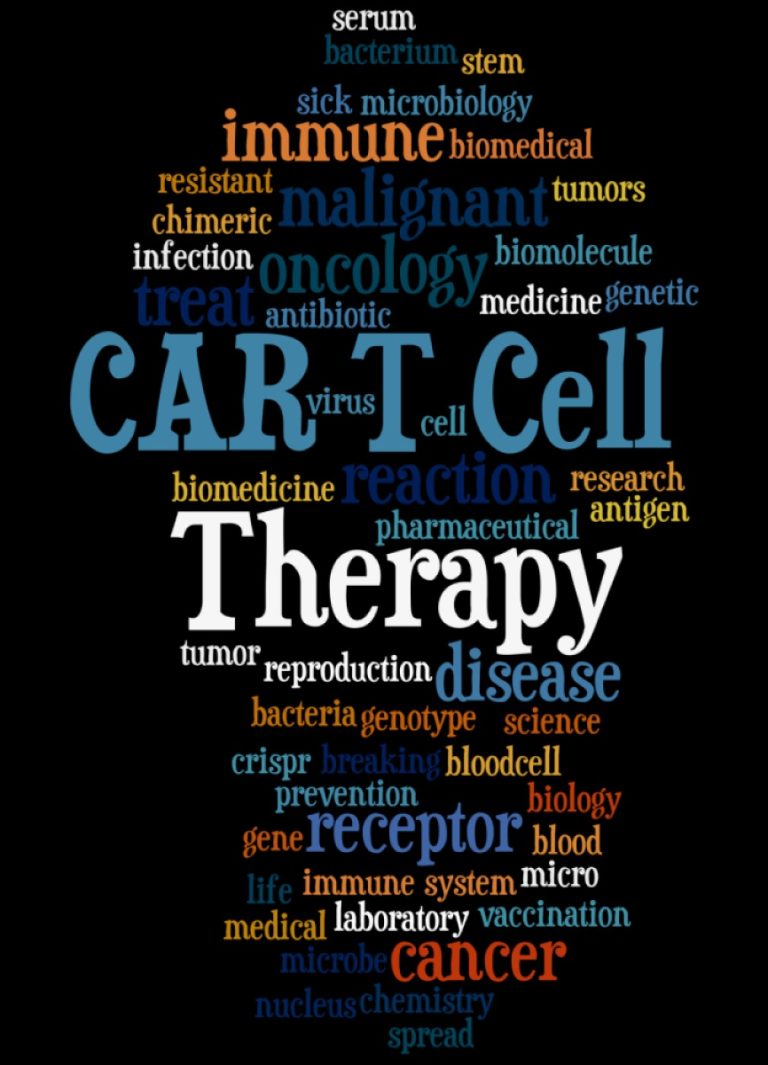
On Oct. 18, 2017, the Siteman Cancer Center became one of the first cancer centers nationwide to offer…
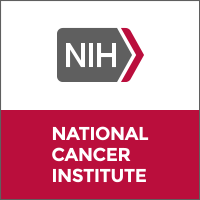
On Oct. 2, 2017, Emory University was selected by the National Cancer Institute (NCI) for participation in an…
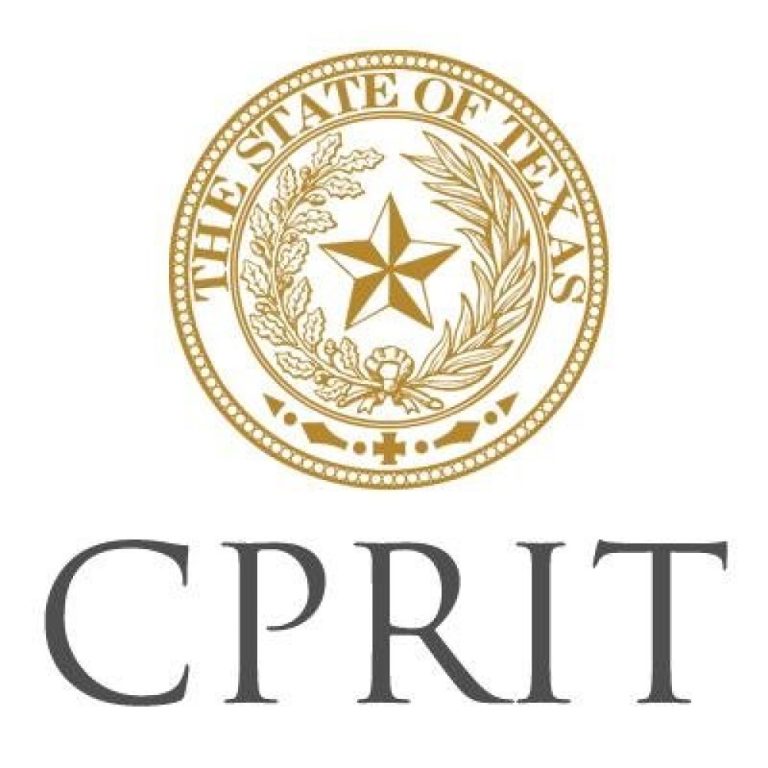
On Aug. 16, 2017, the Cancer Prevention and Research Institute of Texas (CPRIT) awarded 60 new academic research,…
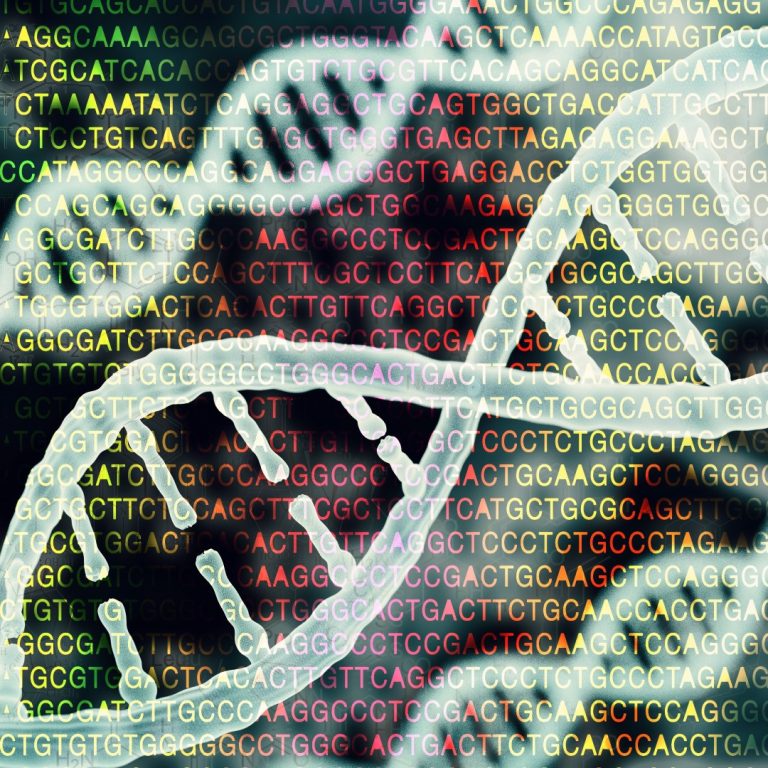
On Aug. 15, 2017, the National Institutes of Health’s (NIH) Gabriella Miller Kids First Pediatric Research Program awarded…
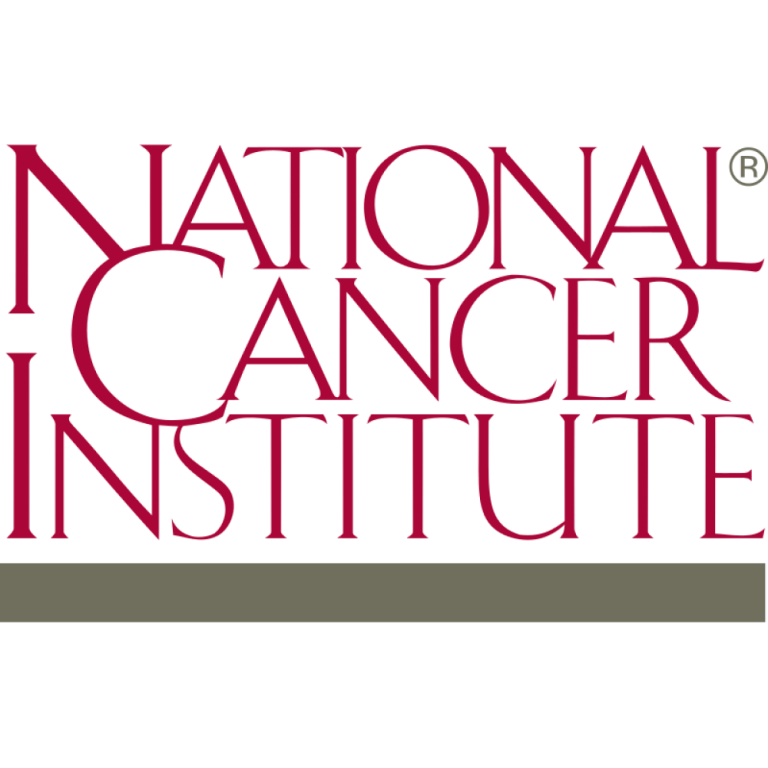
On May 24, 2017, the National Cancer Institute (NCI) awarded $24 million to Fred Hutchinson Cancer Research Center…
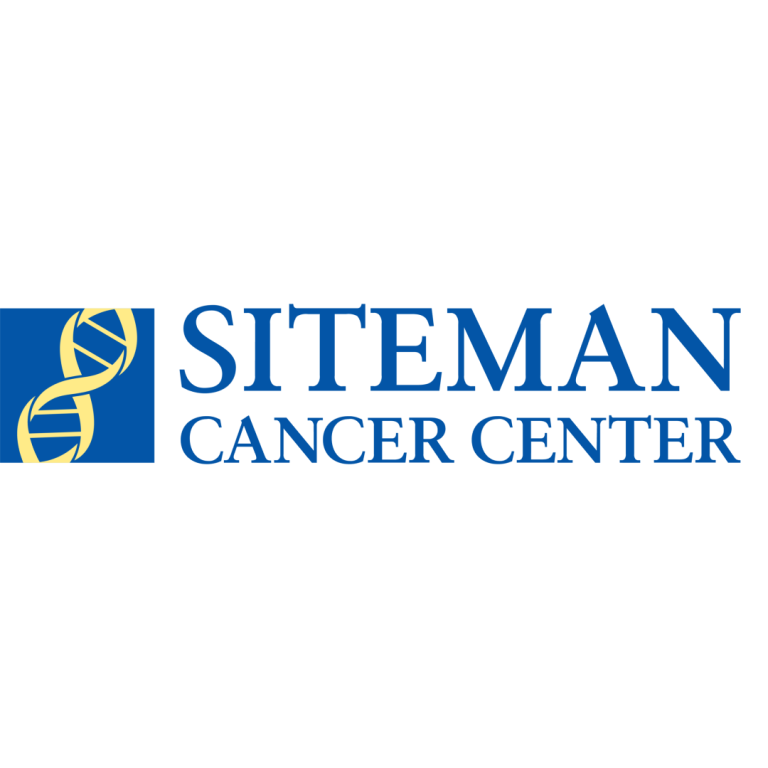
On May 10, 2017, Siteman Cancer Center met the standards of the American Society for Radiation Oncology (ASTRO)…

On Mar. 30, 2017, the Fred Hutchinson Cancer Research Center announced that the Bezos family had donated $35…
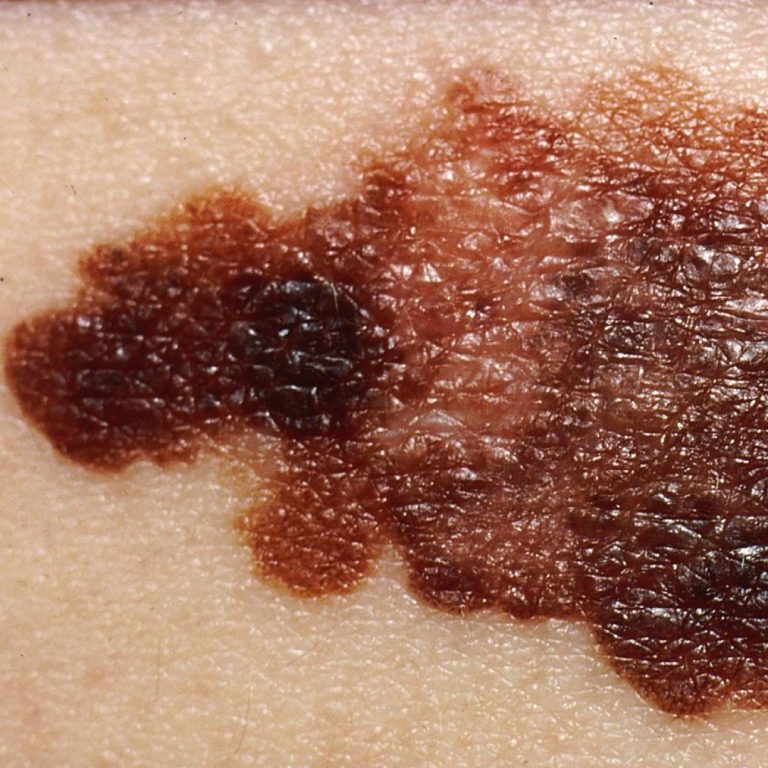
On Dec. 3, 2016, Celgene, Dana-Farber Cancer Institute and the University of Arkansas for Medical Sciences announced the…
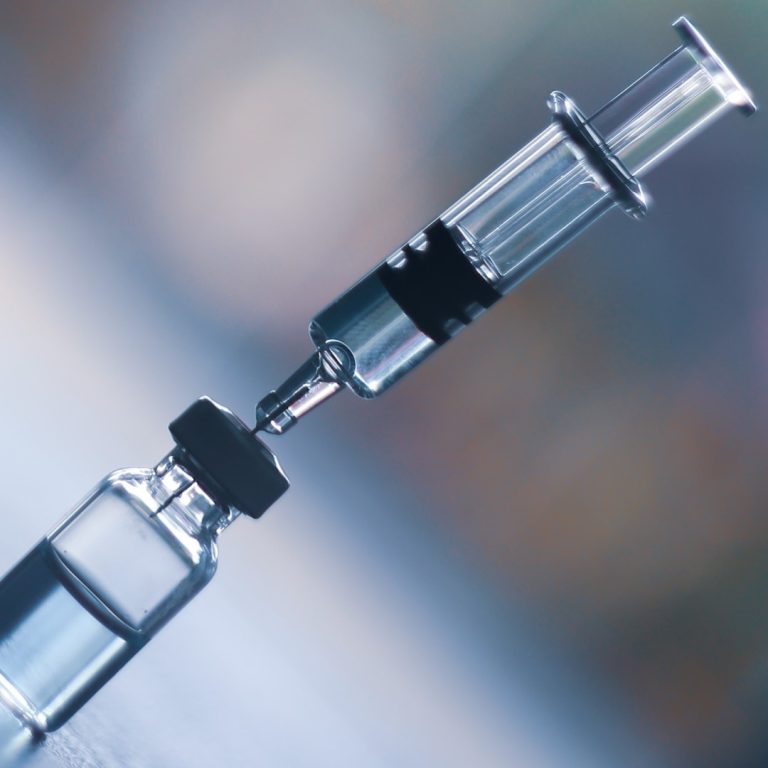
On Oct. 27, 2016, Roswell Park Cancer Institute announced it had received authorization from the U.S. Food and…
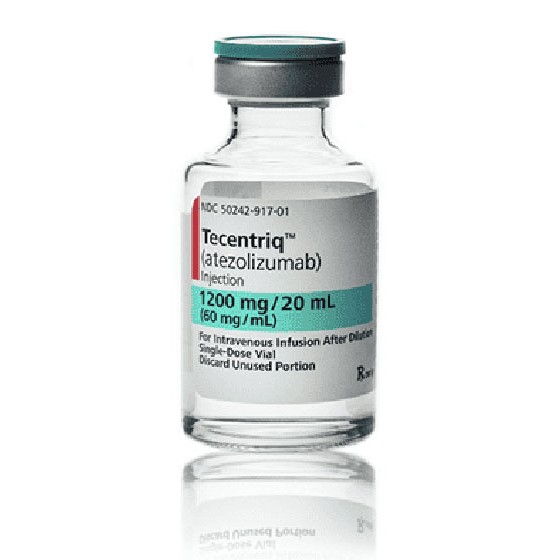
On Oct. 18, 2016, the U.S. Food and Drug Administration (FDA) approved TECENTRIQ® (atezolizumab) for the treatment of…
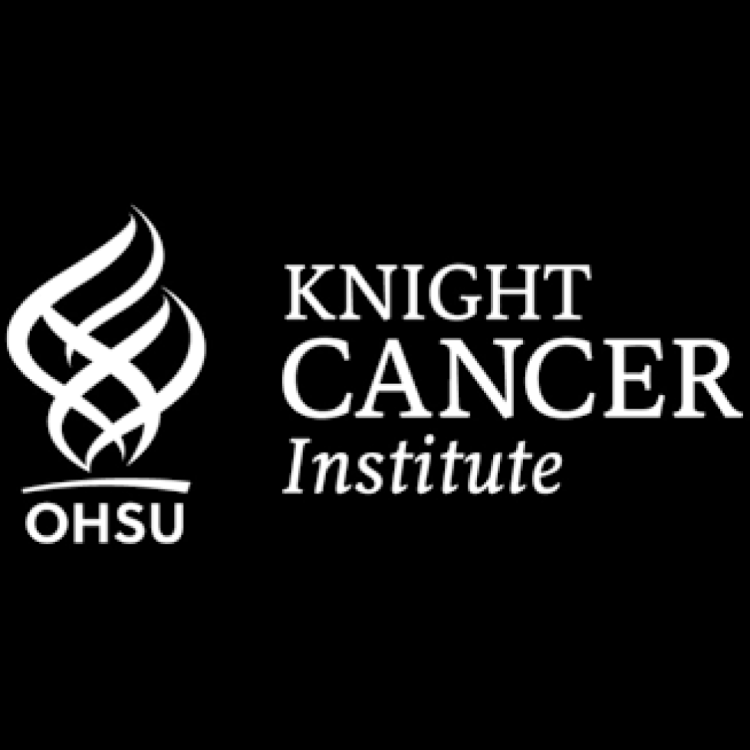
On Oct. 18, 2016, the University of Oregon (UO) announced the $1 billion Phil and Penny Knight Campus…
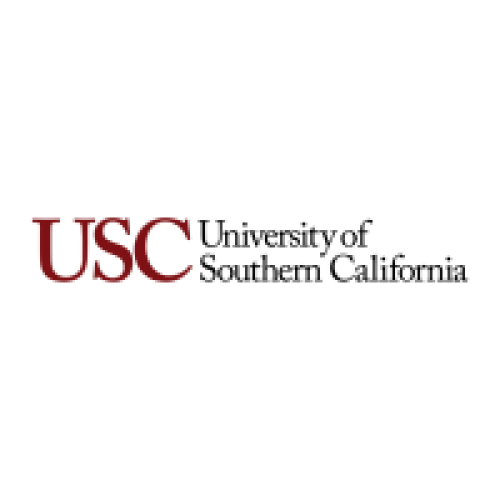
On Sept. 29, 2016, University of Southern California (USC) Trustee Marc Benioff ’86 and his wife, Lynne, gifted…

On Sept. 22, 2016, Vanderbilt University Medical Center became the world’s first site to treat a prostate cancer…
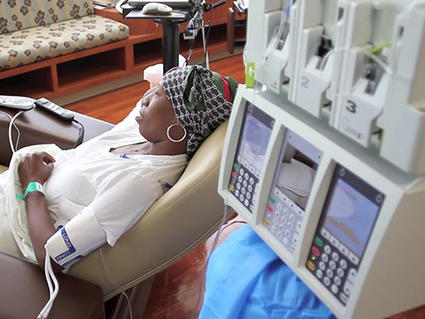
On Aug. 29, 2016, Scripps Health and MD Anderson Cancer Center announced a partnership agreement to create Scripps…
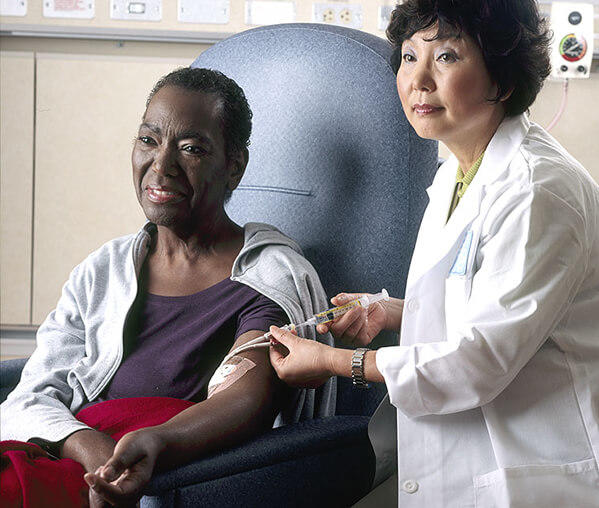
On Aug. 15, 2016, Siteman Cancer Center received a $10.4 million five-year grant to Washington University researchers and…
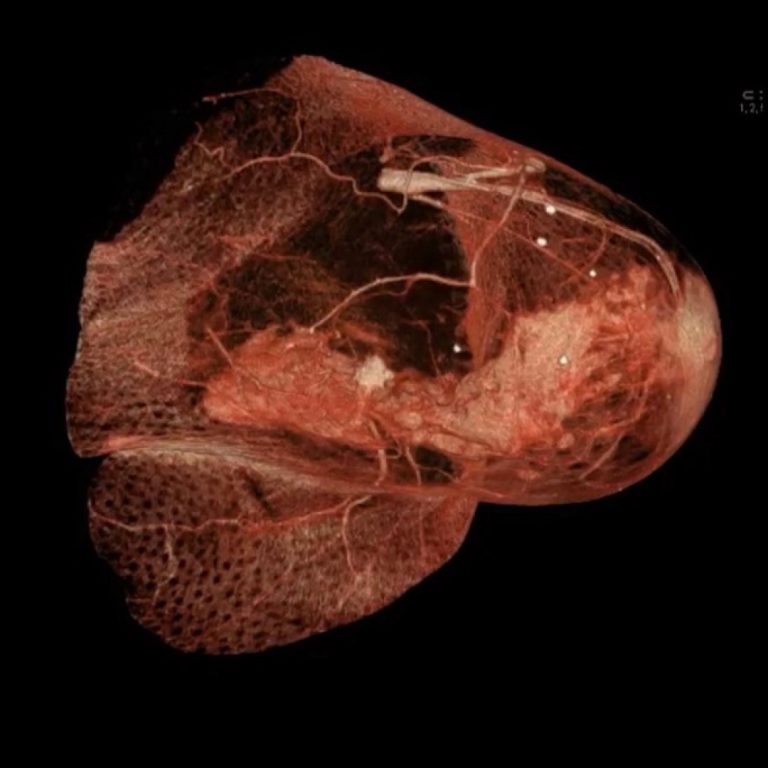
On Jul. 17, 2006, the SERM drug raloxifene (Evista) was found to reduce breast cancer risk for postmenopausal…
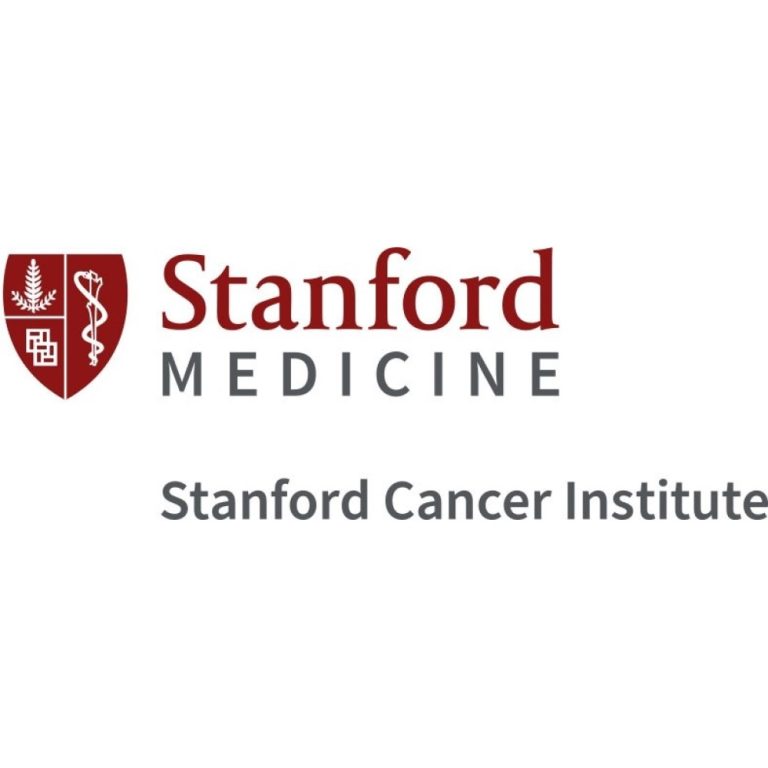
On Jul. 5, 2016, The Stanford Cancer Institute announced it had been designated a Comprehensive Cancer Center by…
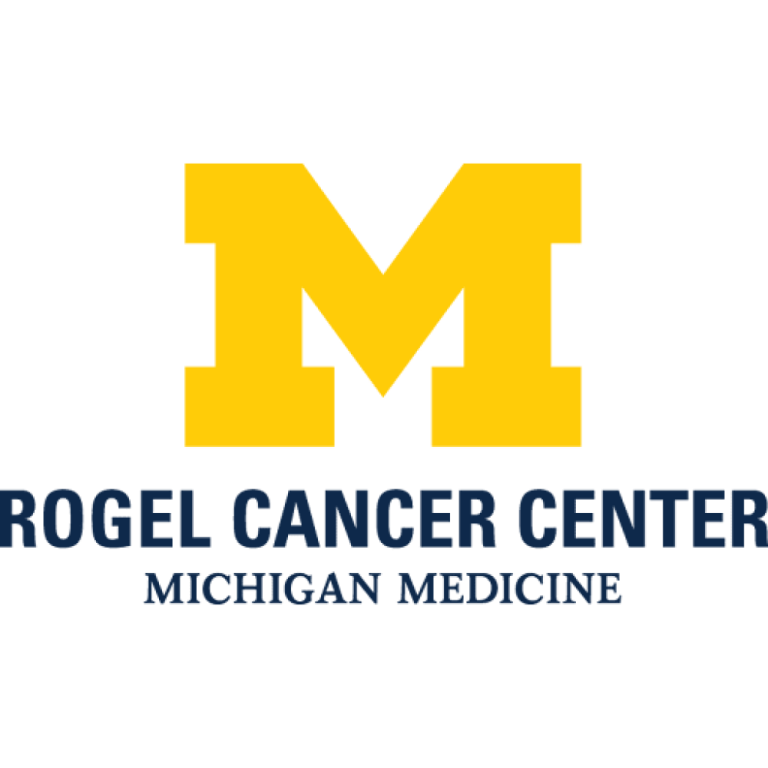
On Jun. 16, 2016, The University of Michigan Board of Regents announced a $17.5 million commitment for cancer…
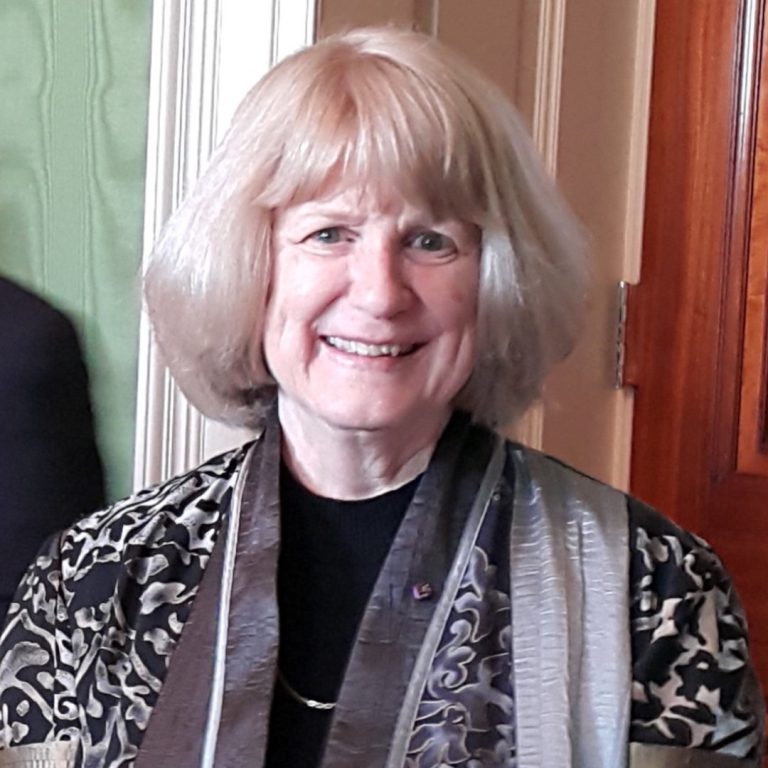
On May 19, 2016, President Barack Obama presented Mary-Claire King, Ph.D., a University of Washington professor of medicine…

On May 12, 2016, technology entrepreneur and founder of Oracle, Larry Ellison announced the donation $200 million to…
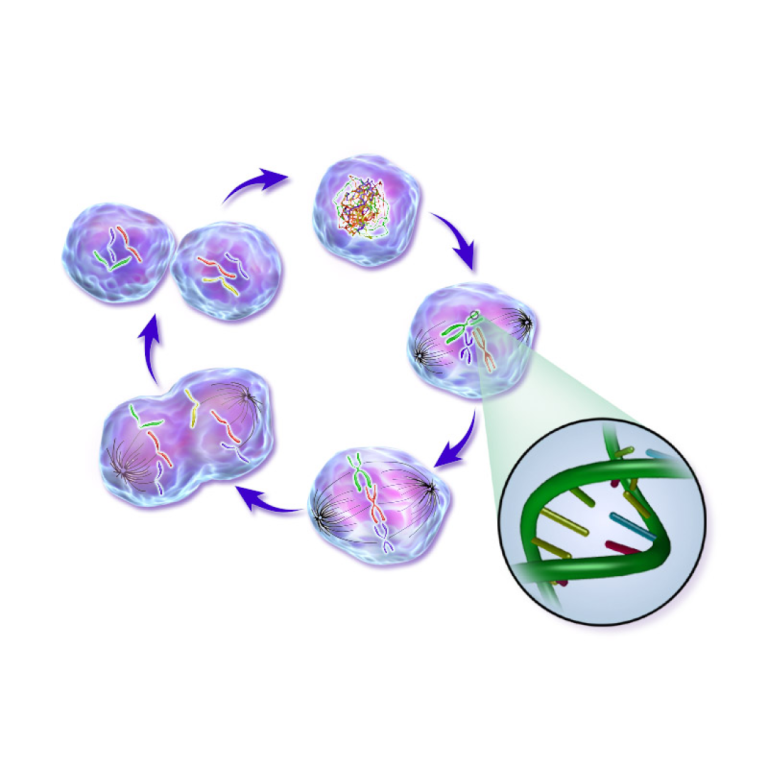
On Apr. 18, 2016, a team of Oklahoma Medical Research Foundation (OMRF) researchers led by Gary Gorbsky found…
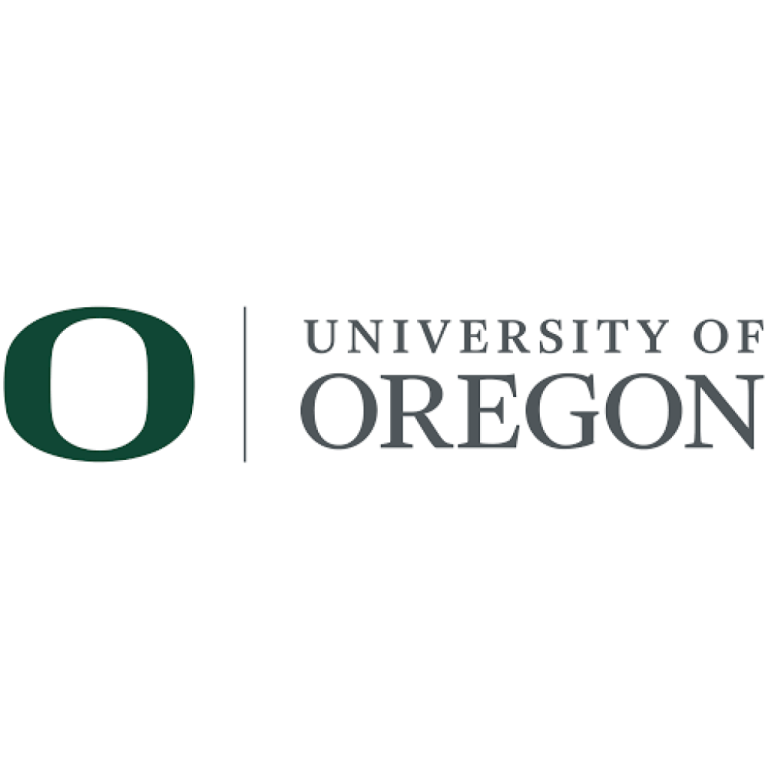
On Mar. 3, 2016, the University of Oregon (UO) announced receipt of a $10 million gift from Tim…
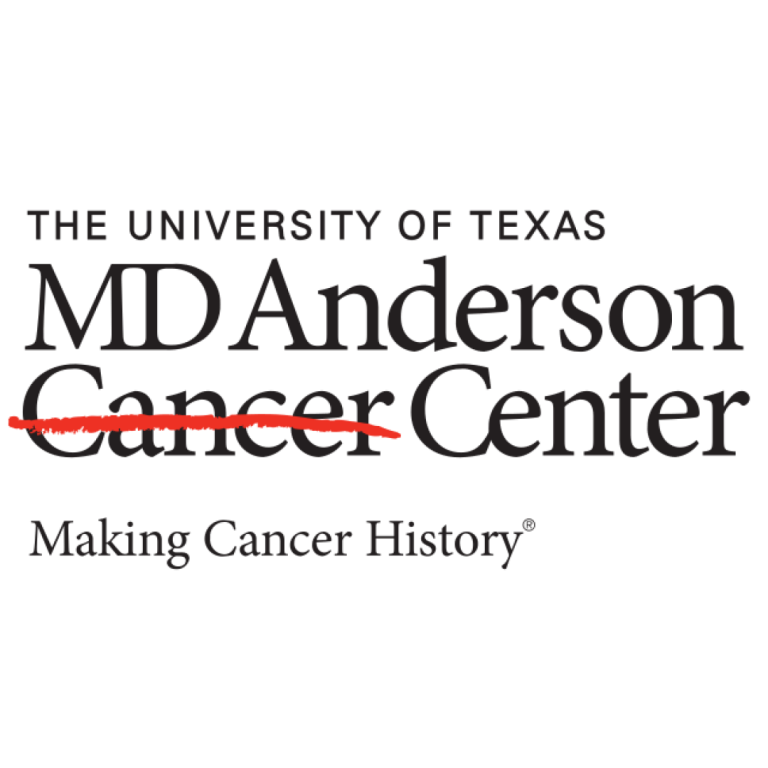
On Feb. 17, 2016, MD Anderson Cancer Center was awarded $14 million from the Cancer Prevention and Research…